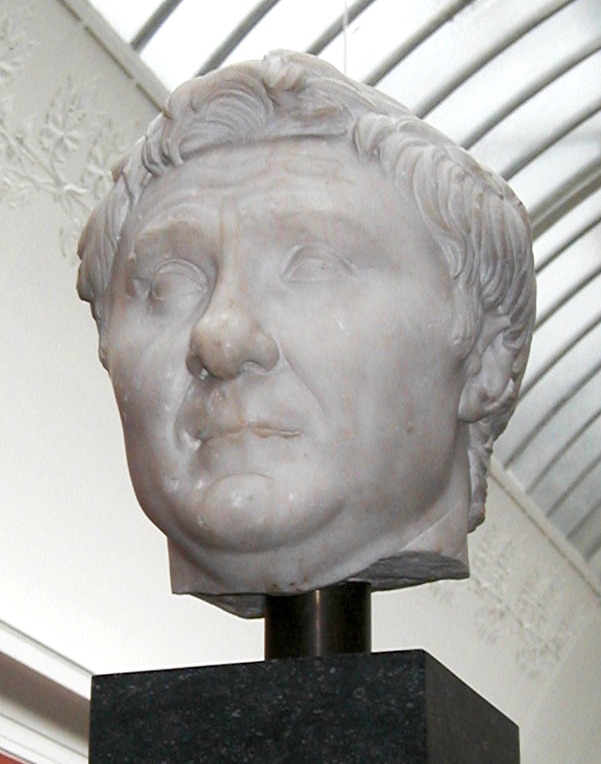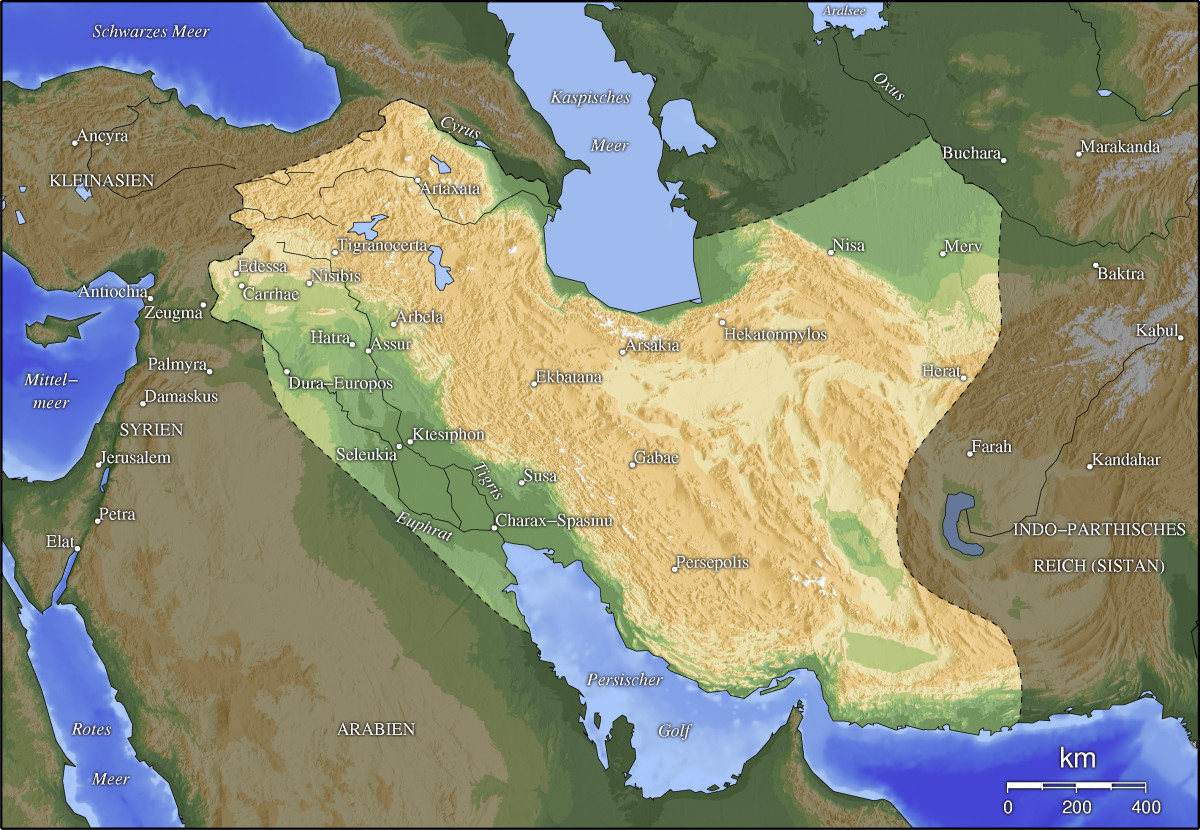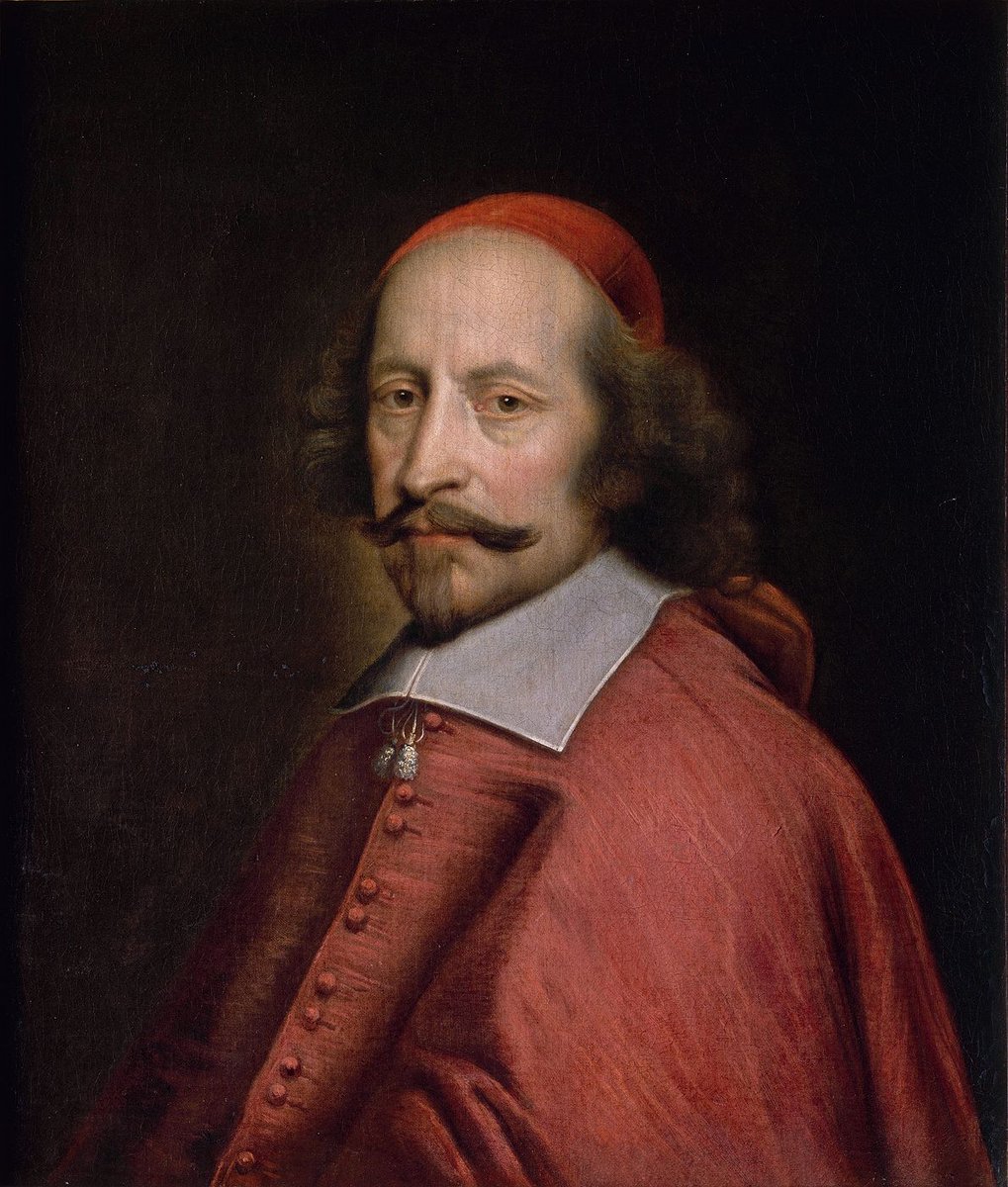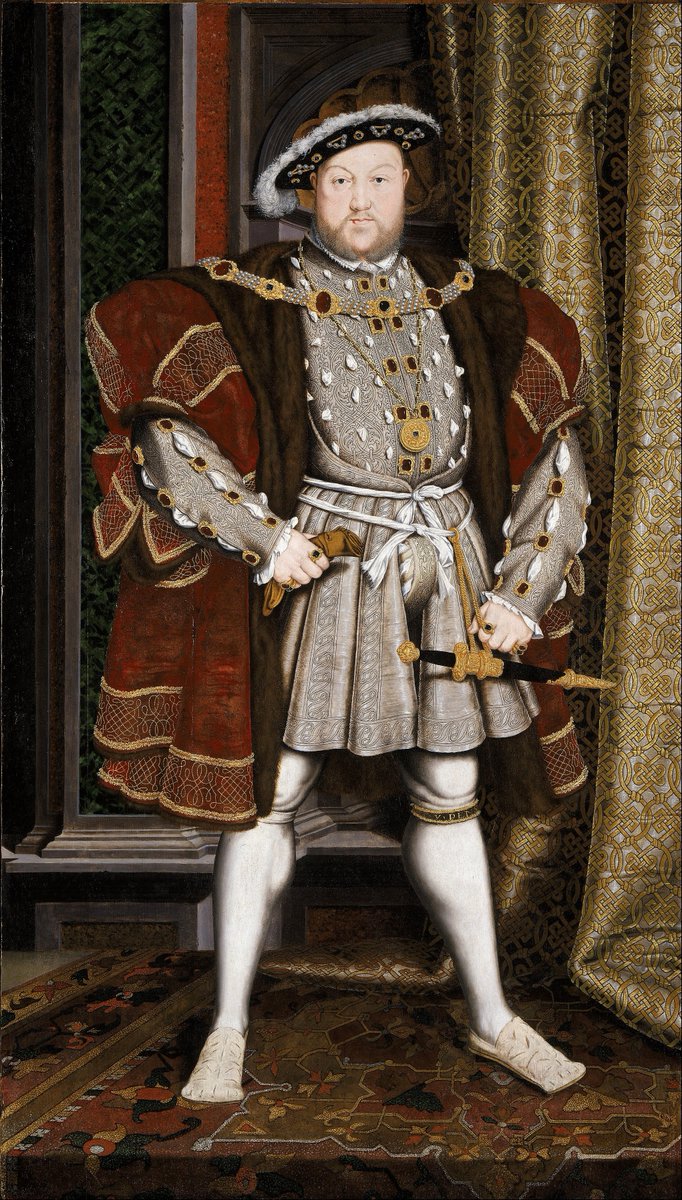
It is said money can't buy happiness. Meet someone who was once the richest man in the world and one of the most powerful. And definitely one of the unhappiest.
Story in the evening ...
Story in the evening ...
https://twitter.com/Arby_K/status/1370200413375401988
Marcus Licinius Crassus was born in 115 BC to Publius Licinius Crassus, who was Consul of Rome in 97. Young Crassus grew up in an increasingly militaristic Roman Republic with wars against Germanic tribes (113-101) and against allies in the Italian peninsula (91-87). 1/10 

As Rome was kept busy in Italy, King Mithridates of Pontus extended his influence to the Roman colonies in the East. The Republic appointed Lucius Cornelius Sulla to restrain Mithridates. Old warhorse, Caius Marius, attempted to remove Sulla, leading to a civil war in Rome. 2/10 

With Sulla headed for Asia, Marius got complete control over Rome. Publius Crassus had died during the Marian takeover along with his elder son, and younger Marcus fled to Hispania. He would build an army there, and later join Sulla in Asia with it. 3/10 

A victorious Sulla would return triumphantly to Rome, taking Crassus with him. Though Marius had died, his faction still had a strong hold over Rome, and had a numerically larger army. But another young man, with his own army, came out to meet Sulla - Gnaeus Pompeius. 4/10 

Sulla would attain control over Rome, declaring himself the Dictator. Crassus played a crucial role in helping Sulla finish off the last of his opponents. He was rewarded heavily for his efforts, gaining the property of Sulla's opponents. He would soon amass a great fortune. 5/10 

Though Crassus saw his fortunes grow, it was to Pompey that Sulla would turn to, for war. With successful campaigns in Sicily and Carthage, Pompey was well placed to be the most powerful man in Rome after Sulla, irrespective of all the riches of Crassus. 6/10 

Crassus finally got his chance for glory, defeating Spartacus, the leader of the slave rebellion from 73 to 71. But Pompey, who was away in Hispania being schooled by Sertorius on guerrilla warfare, would return in the end and finish off escapees, stealing the final glory. 7/10 

The rivalry of the two was at its highest when both were elected as Consuls in 70. With his massive fortune, Crassus would extend credit to many budding politicians, including one whose aunt was the wife of the late Caius Marius - Gaius Julius Caesar. 8/10 

Caesar would manoeuvre the two rivals into an alliance of common interest. He would also gain fame and prestige as he embarked on the conquest of Gaul in 58, cementing his place in Roman military lore. Both Pompey and Crassus would return to Consular roles in 55. 9/10 

In 54, Crassus would be made the governor of Syria, when he would embark on a battle against Parthia. Crassus seeking a big win to restore his stature in Rome, would find one. But it would come for Parthia, at Carrhae, bringing to end the life of the richest man of Rome. 10/10 

• • •
Missing some Tweet in this thread? You can try to
force a refresh














